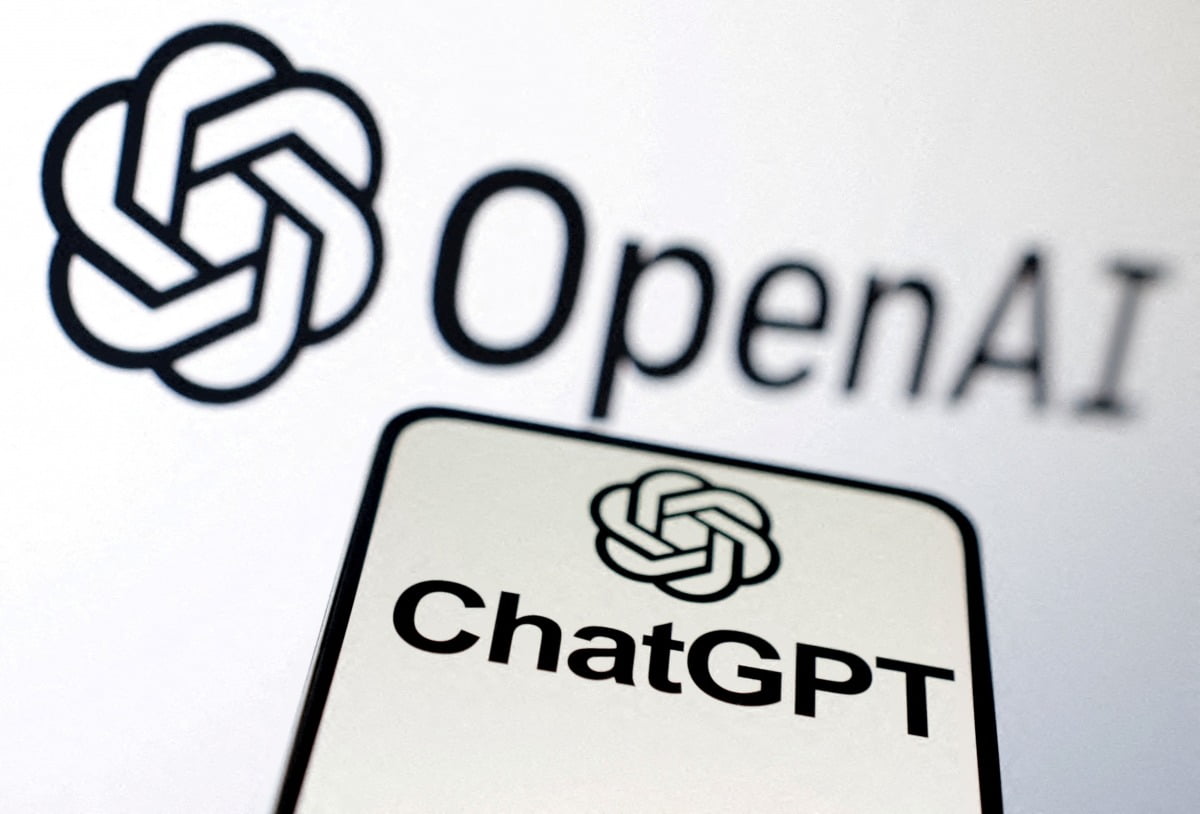Open AI logo / Photo = Reuters United States media reported that China’s largest information technology (IT) companies, including Alibaba, ByteDance, and Meituan, are building artificial intelligence (AI) teams in Silicon Valley. The analysis is that China has risked its life to ‘leave out talent’ from competitors with the goal of developing cutting-edge AI technology despite the US government’s extensive control of technology.
Citing anonymous sources, the Financial Times (FT) reported on the 18th (local time) that Chinese technology groups have been expanding their business base in Silicon Valley, California, USA over the past few months. According to reports, Alibaba, China’s largest e-commerce company, ByteDance, operator of TikTok, the world’s largest short-form content platform, and Meituan, China’s largest delivery platform, have recently expanded their offices in Silicon Valley and, in the process, are trying to recruit employees working at U.S. competitors. there is.
Alibaba is focusing on recruiting its AI team in Sunnyvale, California, in the San Francisco Bay Area. One source explained that the team is being formed to focus on developing Alibaba’s AI-based search engine, Accio. An Alibaba recruiter sent an email to engineers, product managers, and AI researchers who worked or are currently working at the largest big tech companies in the U.S. and OpenAI, suggesting a job change, saying that the company plans to spin off the AI team into a separate startup.
Alibaba also posted an ad on LinkedIn recruiting applied scientists, machine learning engineers, and product marketing managers. A former researcher at OpenAI said, “I received a bombshell of email from Chinese technology companies such as Alibaba offering job opportunities after finding out detailed information about my work experience.” Photo = Getty Image Bank ByteDance, which is already actively expanding its business in the United States, has several teams in California working on different AI-related projects. ByteDance is focusing on integrating AI-related functions, and is said to have begun hiring a large number of excellent AI researchers in this process. Another group of ByteDance researchers is studying the Large Language Model (LLM) of the AI chatbot ‘Doubao’ with employees in China and Singapore, where the company’s headquarters are located. Employees working in California are reporting project progress to their Chinese counterparts.
Meituan is also focusing on expanding its AI team in California. Meituan CEO Wang Xing returned co-founder Wang Huiwen to the company to lead the next-generation AI team called GN06, which is exploring AI-related business directions such as menu translation functions and virtual assistants. In addition, Baidu, China’s largest search engine company, also operates one of the AI labs in Silicon Valley and has hired scientists and engineers in the fields of voice recognition and autonomous driving since 2017.
The FT said, “Not only Chinese big tech companies but also small AI startups are entering the US and hiring engineers with work experience,” adding, “In the race to generate profits in the generative AI field by recruiting talent from US companies, “It’s an attempt to gain the upper hand.”
Recruiting outstanding Korean researchers to American corporations established in China is also a new trend. A professor working at Seoul National University said, “We proposed a plan to move to an affiliated company invested by China and then move to the Chinese headquarters three years later,” adding, “We also set up startups in the U.S. with Chinese capital and encourage them to do so.” ByteDance logo / Photo = AFP Reporter Kang Kyung-ju [email protected]
What are the potential benefits and risks for Chinese IT giants as they expand their AI teams in Silicon Valley, particularly regarding competitive advantage and innovation?
In light of the recent news that Chinese IT giants are expanding their AI teams in Silicon Valley, what strategic advantages do you think this move could provide for these companies in the long run? How might this impact the global AI landscape, particularly in terms of research collaboration and data privacy concerns?
Could you share your insights on the role of AI-related business directions such as menu translation functions and virtual assistants in the growth strategies of Chinese tech companies like Meituan and ByteDance? What are some of the challenges they may face in integrating these capabilities into their existing platforms, and how might they navigate potential cultural and regulatory differences between China and the US?
As more Chinese AI startups enter the US market, what implications might this have for the talent pipeline and innovation dynamics between the two countries? What can US-based tech companies learn from their Chinese counterparts when it comes to nurturing homegrown AI talent?
with the growing interest of Chinese companies in recruiting top AI talent from prestigious universities and research institutions, how can governments in both countries balance the need for cutting-edge technology development while safeguarding national interests and intellectual property rights?


